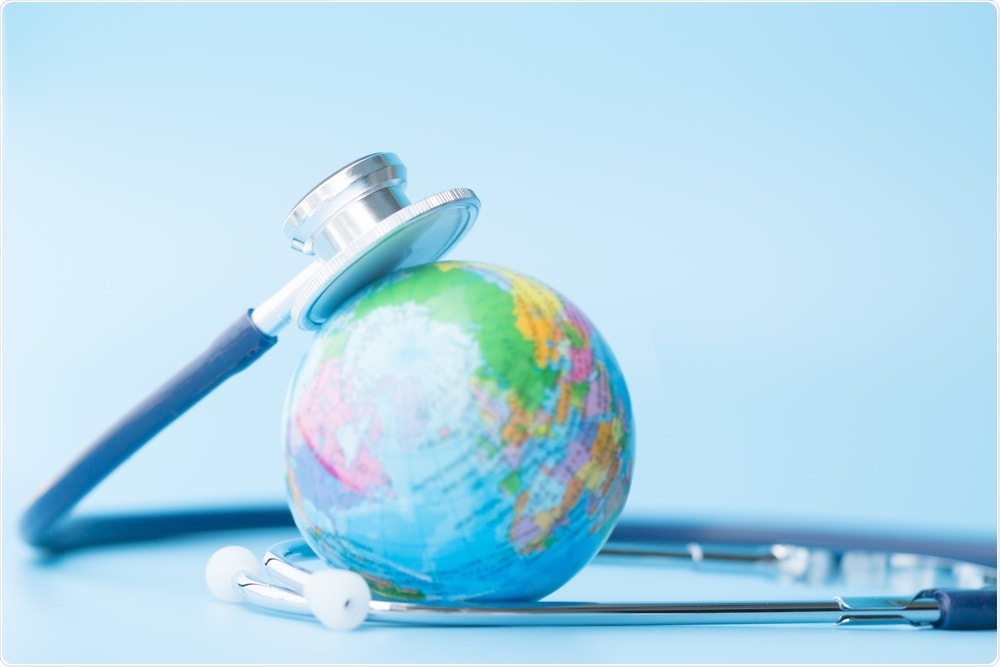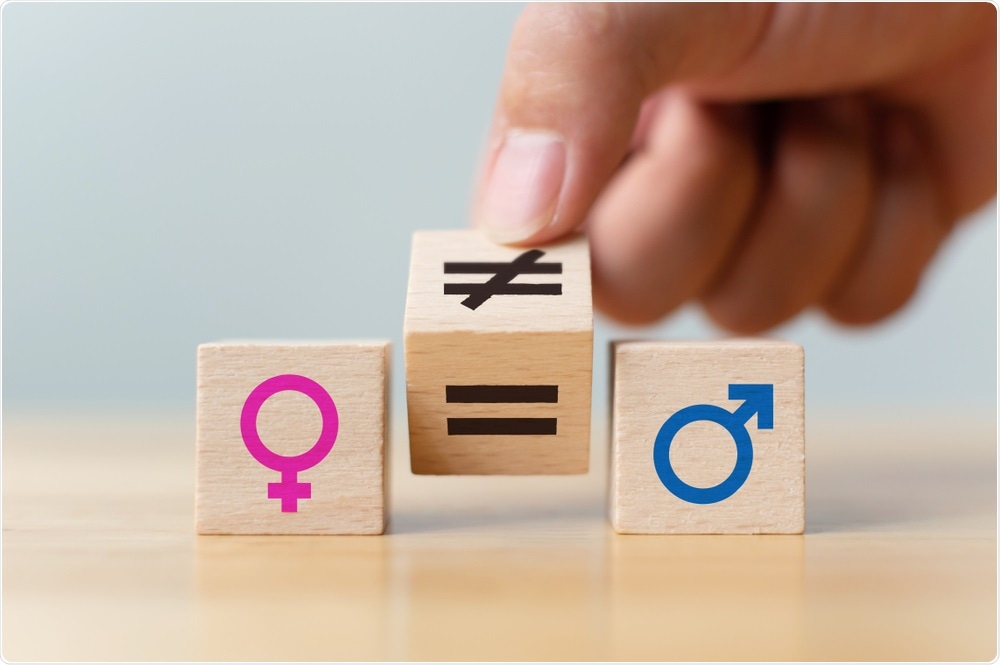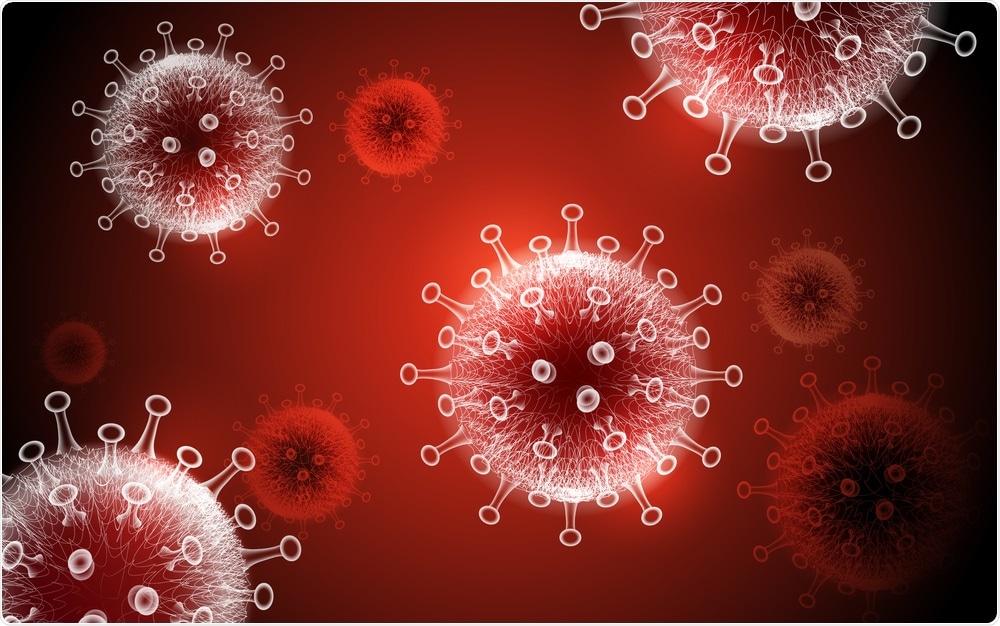My name is Claire Bayntun and I am a Clinical Consultant in Global Public Health.
I have not followed a typical path. I have studied across a range of academic disciplines and have enjoyed the opportunity to work across the world in operational, academic, clinical, and educational settings, spanning the public and private sectors.
My values have always driven my career decisions, and thus there are common themes of health, rights, and support for others threading through my career, with a current focus on equity, sustainability, and planetary health priorities.
I enjoy social entrepreneurship, having led creative initiatives across the different phases of my career.
As an educator of global health leadership, where do you think the major problems are in global health and how can current and future generations work to change this?
The inequities in decision-making, influence, and financial flows are the crux of many issues in the arena of global health. The COVID-19 pandemic has disrupted social norms and global structures.
Nationalism was increasing in many countries before the pandemic and increased in some political arenas with the pandemic.
However, the science, medical and academic communities have demonstrated the power and importance of collaborative action. Populations have realized that their future health security and economies are interdependent on all others around the world. As a result, I am hopeful that the pandemic has disrupted the pendulum swing towards nationalism, and the need for global solidarity is gaining traction.
Current and future generations will be involved in developing and strengthening the global governance structures and mechanisms to address the past issues of inequity. If they progress with the insights gained from the past, they will want to ensure greater consideration for sustainability in their activities, and with concern for wider planetary health.

Global Health. Image Credit: Khongtham/Shutterstock.com
You have worked in health within many humanitarian settings and continue to teach others to do so. How has women’s health changed in these settings over the years and what still needs to be done?
We have failed women and girls through and across humanitarian situations; this has gained more focus from researchers and humanitarian agencies over the last decades. Humanitarian settings around the world are so varied, and the particular context experienced by women and girls is determined by the circumstances of a conflict or catastrophe, and the specific protagonists.
I have worked in this arena where gender violence was used as a weapon of war, such as in the Rwandan genocide, and the conflict in Darfur. However, to understand what can be done going forward, I would direct readers to current reports from humanitarian agencies, who often work in collaboration with academic institutions. The LSHTM Gender Violence and Health Centre, as well as the Health in Humanitarian Crises Centre, offer excellent resources.
Maternal health is a key aspect of women’s health that shows great inequality across the globe, resulting in huge numbers of preventable deaths. How can these deaths be eliminated and better equality achieved?
Penchansky and Thomas’ 1981 description of the 5 A’s is still as relevant now as a framework to recognize causes of maternal and other forms of health inequality, resonating across the decades and health systems –
affordability, availability, accessibility, accommodation, and acceptability.
The weakest of these will vary in time and place, and in some circumstances, all may apply as barriers for both males and females. However, patients will identify issues associated with these barriers, and for women, these barriers may be more significant than for their male counterparts due to socio-economic and other differential determinants.
Addressing these barriers, which result in inequalities in maternal and other health disparities, requires on-going work at local levels - understanding, listening, and learning by working on the ground, and from there those in academia and policy may also be involved to influence change for the factors that need upstream management. It is necessarily a dynamic, iterative process - all development and change creates other consequences.
You were a speaker at the second Women Leaders in Global Health Conference in 2018. How are events and movements like this helping to achieve gender equality within global health?
I joined a WhatsApp group COVID 50/50 at the start of the pandemic. I have been blown away by the energy, determination, and rich flow of information and support that is created through this group. It is just one example of what is emerging, building on the success of the Women Leaders in Global Health Conferences (Women Leaders in Global Health Conference - Wikipedia), WomenLift (Home - WomenLift Health), and other global-wide initiatives taking their place and confidently claiming their space to work to achieve gender equity in global health.
Those leading this have been a powerful and inspiring force for women around the world. It is making an impact, and the future will be better as a result of their work.

Gender Equality. Image Credit: Monster Ztudio/Shutterstock.com
Many people believe that fixing gender equality issues within the health industry will be a key factor in achieving better global health coverage. Do you agree with this and what steps do you think need to be taken to fix these issues?
Yes, this is critical. Women have particular insights and strengths to offer to this space, and a gender-balanced panel of decision-makers leads to better outcomes. The work of the movements described above, and others, are active on these issues. We must move forward together.
Climate change is predicted to exacerbate health inequalities across the world, with vulnerable communities being harder hit and more immediately by the plethora of health problems that climate change is linked to. How can this be alleviated?
I have been co-leading a series for the Royal Society of Medicine which addresses this, recognizing the challenges for different communities around the world, across the life course. We also provide a hub of resources to support the series and those motivated to learn and act to address and advocate on these issues.
I have learnt a huge amount through my work on the series. I aim to continue to develop my understanding through my commitment to the wider imperatives of sustainability and planetary health.
The COVID-19 pandemic has been hugely disruptive to the modern world. It has also demonstrated many important lessons such as using scientific collaboration to achieve goals, the importance of looking after our environment, and the necessity of wealthier countries helping others for the good of all. What do you think global health leaders need to take from this pandemic and these lessons be used to make the world a better place?
I am currently working on a future episode of the Royal Society of Medicine series which will consider planetary health through the lens of the pandemic.
If we are successful in securing funding, we will offer a series of workshops, aiming to provide health professionals with a deeper understanding of the health issues to be highlighted at COP 26 in Glasgow this November 2021. We will develop toolkits to enable health professionals to progress action amongst their communities, with their colleagues, and to influence decisions, behaviors, and policy-makers.
However, your questions specifically mentions global health leaders. Indeed, individuals with influence have a specific role to play. However, leadership is needed at every level of an organization, and leadership on planetary health, and how we develop our structures and mechanisms to make the world a better place emerging from this pandemic, will be best achieved by supporting fresh thinkers from the generation below those who may currently typically identify themselves as ‘health leaders’. We must invest in strengthening their capacities “to make the world a better place”.
How do public health institutions need to be improved and supported in order to prevent devastation like that caused by the COVID-19 from happening again?
Nigeria CDC is a national public health institute that has been developing rapidly since 2016 under the leadership of Dr. Chikwe Ihekweazu. Nigeria is a complex, populous, and politically challenging environment, and yet Nigeria CDC offers an important example of what public health institutes can achieve on the African continent, in order to manage infectious diseases.
Africa CDC is also a young organization, established in 2016 and officially launched in 2017 with Dr. John Nkengasong as the Director-General. Africa CDC has enabled countries across the continent to collaborate for learning, information sharing, training, infrastructure development and combine as a united bloc to advocate for therapeutics, diagnostics, and vaccines in the pandemic. The importance and success of Africa CDC is clear, particularly when its achievements are compared to the nationalism and fractures in response seen in other regional blocs around the world.
Both of these institutions have succeeded through excellent leadership. However, this is also with the support of donors and many bilateral and multilateral organizations, public and private, getting behind these impressive health leaders and their vision. On a more general point, the global community needs to work more authentically in partnership with developing public health institutions, strengthening them according to the priorities and agendas determined by those institutions.
Too often the priorities of institutions in low and middle-income countries risk being derailed by funding tied to agendas determined by those with funding and influence in the global north. This has been the experience of many health leaders with whom I work, aiming to support their leadership as they manage the challenges of strengthening their health institutions.

COVID-19. Image Credit: CKA/Shutterstock.com
Are you hopeful for a future where universal health coverage could be achieved for all, and, more specifically, adequate care for women’s health could be accessible to all women?
I am always hopeful. All of this can be achieved; we need the vision to be held and addressed by good people motivated to realize these values. Anything is possible if we put our mind to it, and together put our back to the wheels which are, after all, of our own design.
The Centre for Universal Health at Chatham House offers further resources and events to address these issues, making the economic case and clarifying the wider societal and cross-sector benefits.
Within your career, you have spent time in over 50 countries, contributed to numerous educational works and programs in global health, and have been designated as a Role Model for Women in Higher Education. What has been the highlight for you?
Supporting wonderful health leaders from around the world has been the most rewarding experience of my career. Their dedication to serve populations to the best of their ability is extraordinary.
With the pandemic, we are at an important juncture in health around the world, and we must use this focus to galvanize global solidarity to effect sustainable changes for the health and well-being of populations, as part of broader of planetary health and well-being re-alignment. With all this work ahead, I hope that further highlights of my career are yet to be achieved.
Have you got anything else you would like to raise awareness about?
In my work with health leaders, they have found it valuable to recognize the benefits of reflection, personally and professionally, to be sure of their values to support decision-making and resilience.
A second focus is to recognize the interdependence of everything in our world and to embrace that with curiosity and respect.
Where can readers find more information?
About Dr. Claire Bayntun
Claire is a medical doctor specializing in the field of Global Public Health while continuing to clinically practice in Health Protection. She participated in the Ebola crisis in West Africa, supporting the development of services on the ground, reporting for the UN High Level Panel on Global Response to Health Crises, and evaluating the response of Medecins sans Frontieres in Sierra Leone.
Previously, Claire worked as a regional NGO Manager in West Africa, as a Management Consultant for the third sector, and with WHO Collaborating Centres as an Academic Clinical Fellow, with a focus on health system strengthening and crises management..jpg)
Claire has qualifications in Psychology (BSc University of York), the Political Economy of Development, Conflict and Human Rights (MSc School of Oriental & African Studies, London), as an international photojournalist (PostGrad Diploma, University of London Arts), in addition to Public Health (MPH, Imperial College, and professional qualifications from the Faculty of Public Health), Medicine and Surgery (MBBS University of London).
Having completed the Chartered Institute of Management's training Certificate at Level 4, Claire has progressed to complete studies with the Institute of Leadership & Management, Executive Level 7. She is a trained mentor, accredited Executive Coach (ILM Level 7) and accredited Assessor and Facilitator for Emotional Intelligence (EQi 2.0).
Claire is an Examiner for the Diploma in the Medical Care of Catastrophes, and is Trustee and Vice President of the Royal Society of Medicine.